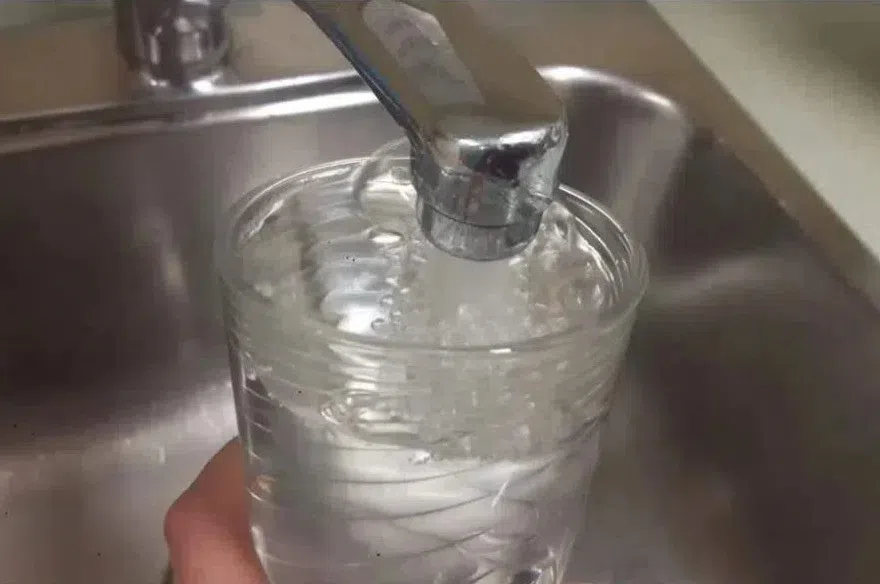The City of Regina is lifting barriers to its Lead Service Connection Management Program (LSCMP).
Regina city council unanimously voted to finalize changes to the program that could expand its reach and make it more affordable on Wednesday.
Some of the changes include:
- Dropping the $240 administration fee for its five-year equalized repayment plan for private replacement,
- Increasing the maximum annual filter reimbursement amount from $100 per year to $200 per year
- Adding a one-time reimbursement of up to $350 for the installation of an under-sink, in-line water filter system by a certified plumber.
This is a huge win for Get the Lead Out, a local group that advocates for lead pipe removal.
“We’ve been trying to get attention to this issue for some years now, and I feel like we’re finally being heard, and there’s an opportunity for progress,” said Trish Elliott, Get The Lead Out’s spokesperson on Thursday.
Read more:
- City of Regina opts into Saskatchewan’s Safe Public Spaces Act
- City administration projects shortfall in capital cost estimates for 2026-27
- Canada Post workers walk off job in protest of sweeping changes
The City of Regina plans to remove all lead service connections by 2036, but the approved recommendation includes a provision to possibly speed it up.
Elliott said Regina has very high levels of lead, especially in some of the city’s older neighbourhoods.
“Some of the tap tests that are coming back are over 100 times greater than Health Canada’s maximum allowable concentration for lead in drinking water (five micrograms per litre). So it’s very unsafe to drink,” she said.
Although the city has a filter program in place, Elliott said only about a quarter of affected households have it.
Regina city council approved the 15-year LSCMP in 2021, but Elliott hopes the changes will hasten the timeline.
“Lead contamination is especially bad for growing children (and) for their brains. It’s linked to reduced cognition and behavioural problems, and these are things that will stay with children their whole lives and be real deficits. So we need to act fast,” Elliott said.
“We need to protect as many people as possible. Filtration is great, but it’s only one step. The ultimate step is speeding up that timeline of removal.”
Although the changes are helpful, Elliott still fears that many won’t be able to access the benefits, especially renters who might not even know whether or not their water is contaminated.
During Wednesday’s city council meeting, Ward 5. Coun. Sarah Turnbull said she was happy that council took steps to better address the problem.
“It’s the right thing to do, I’m really proud of our work on it,” Turnbull said, adding that she was glad to see strong collaboration between council, city administration and community groups like Get the Lead Out.
Mayor Chad Bachynski also said he was proud to help advance the LSCMP program.
“Our administration has done a commendable job in advancing that program, finding additional ways to address areas where we do have lead pipes still in our system to ultimately keep our residents safe and healthy,” said Bachynski after Wednesday’s meeting.
“This is an ongoing effort. I know (administration) takes it to heart as residents themselves, and it’s a proud thing that we’re kind of coming together as a city and as a community to make sure that while we still have some of those pipes in our system – we’re working to make sure that we keep everybody safe.”











